-
Why Are People Not Reading Books Anymore?
Exploring the Decline in Book Reading in the Digital Age Reading habits have changed since knowledge has become more and more accessible. The increase of digital technology in our lives is one of the major reasons as to why people nowadays don’t read. Fewer people pick up a book to read day by day in…
-
THE COMPARATIVE METHOD IN SOCIAL ANTHROPOLOGY
The purpose of comparative method in social anthropology is to study varieties of form of social life and to understand human social phenomena. Franz Boas delineated two methods in the study of anthropology. First, was to reconstruct the history which means to understand the past and reconstructing theories in present. Second, was comparison of social…
-
Interview with Dr. Christina Jackson: Insights into Sociology, Activism, and the Journey Ahead
Short Bio: Dr. Christina Jackson, an Associate Professor of Sociology at Stockton University, specializes in urban sociology, social welfare, and inequality from sociological and public health perspectives. Beyond academia, she’s an engaged scholar-activist, facilitating and consulting with community partners and creative groups on topics like anti-violence, gentrification, housing, food justice, and racial justice. She’s co-authored…
-
How To Apply Sociology In Everyday Life: Explained Real Examples
Sociology is the study of society through many theoretical perspectives. The most important lesson of sociology is that society is not an external object to be studied. Instead, all of us are active members of society and constantly influence it. Thus, sociology can be applied in everyday life by all members of society. This article…
-
Intersectionality is important to understand woman’s oppression
Intersectionality is a theoretical and analytical framework in sociology that highlights interconnectedness, complexity, and multiple types of overlapping discrimination that an individual may face depending on their race, gender, sexuality, age, ethnicity, physical ability, class, or any other characteristics that might locate them in the minority class (2017). In context of women’s oppression, this approach…
-
Clothing in India: A Nationalist Discourse
The concept of Nation as an imagined community was developed by Benedict Anderson in his remarkable work ‘Imagined Communities’ published in 1983. Anderson rejects the assumptions that nation is a natural or inevitable entity. He asserts that nation is a cultural construct and they have aroused a deep sentiment among the citizen of any nation….
-
Book Review: Drifters Realm by Annemarie Mazotti Gouveia
Have you ever wondered what will happen to our planet in the future? Will there be a war or a giant meteor will destroy the Earth, or will we become extinct due to the man-induced exhaustion of resources, or conquer other planets and migrate once we have exhausted the potential here? What will that society…
-
Migration for Education and Employment: Exploring the impact of Social and Cultural Capital among Indian students
“The point of my work is to show that culture and education are not simply hobbies or minor influences. They are hugely important in the affirmation of difference between groups and social classes and in the reproduction of these differences.’’ – Pierre Bourdieu Abstract: This paper is an analysis of migration of Indian students from…
-
An interview with AnneMarie Mazotti Gouveia, Drifters Realm
Short Bio: AnneMarie was born and raised in California. She has a vivid imagination and loves writing magical adventure stories that take place in strange lands. She grew up with a library card in her pocket and a stack of books on her desk. She is passionate about reading, art, and family; the youngest of…
-
An Interview with Sean Smith, “Transformation Summer”
Sean Smith: novelist, journalist, part-time Celtic musician, and Bostonian. A four-decade writing career, from the mundane to the extraordinary. “Transformation Summer” marks his debut novel, showcasing his love for storytelling (seansmithwriter.com). 1.If you had to describe yourself in three words, what would they be? Contemplative. Sociable. Loquacious. 2. Our memories are often critical to how…
Follow us On Instagram @sociology_official
Show off your social photography skills! Share your most engaging shots on our Instagram and let the world see your unique perspective.
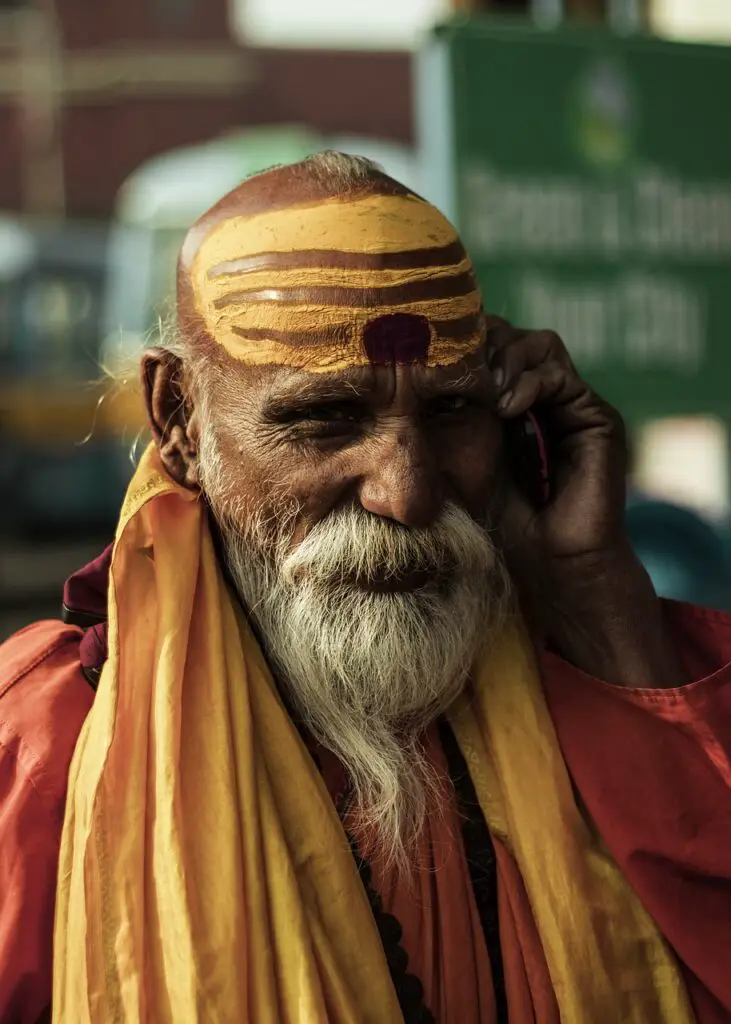
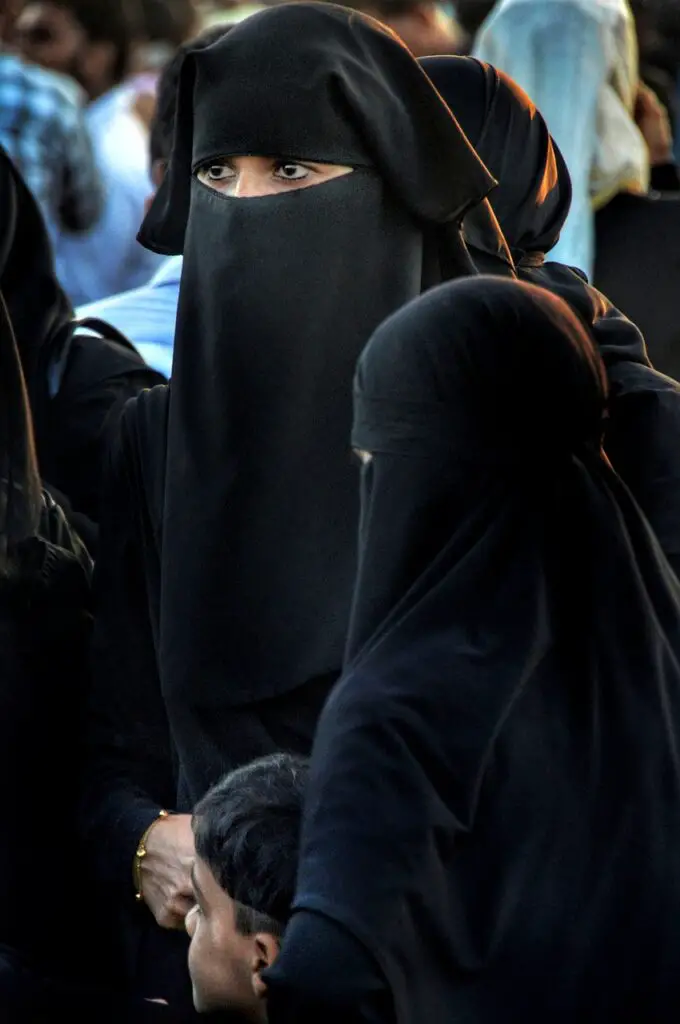

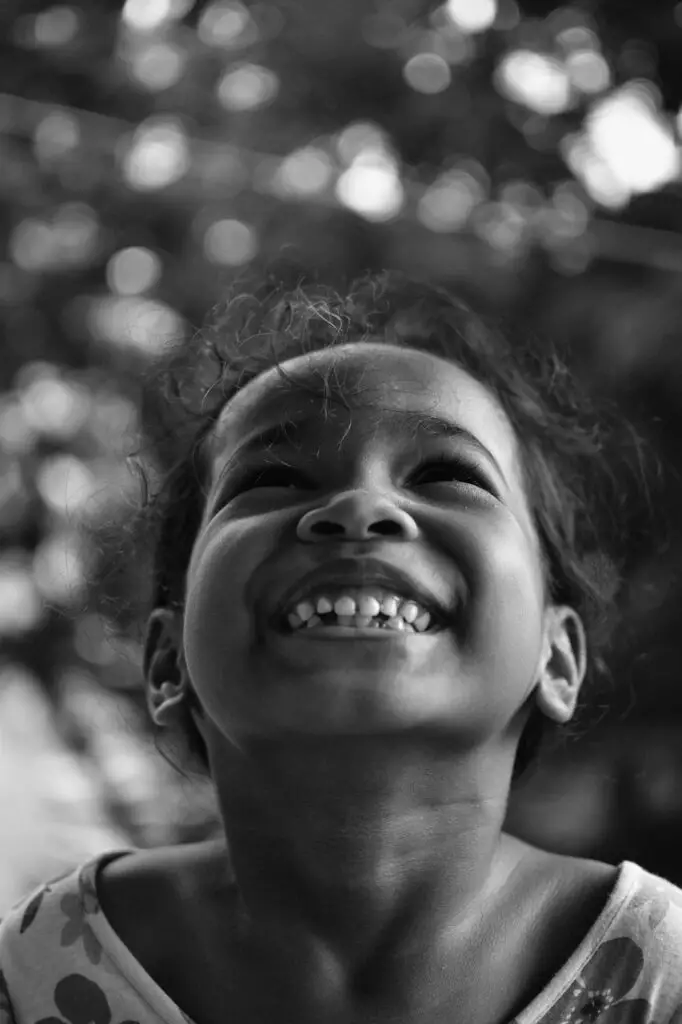
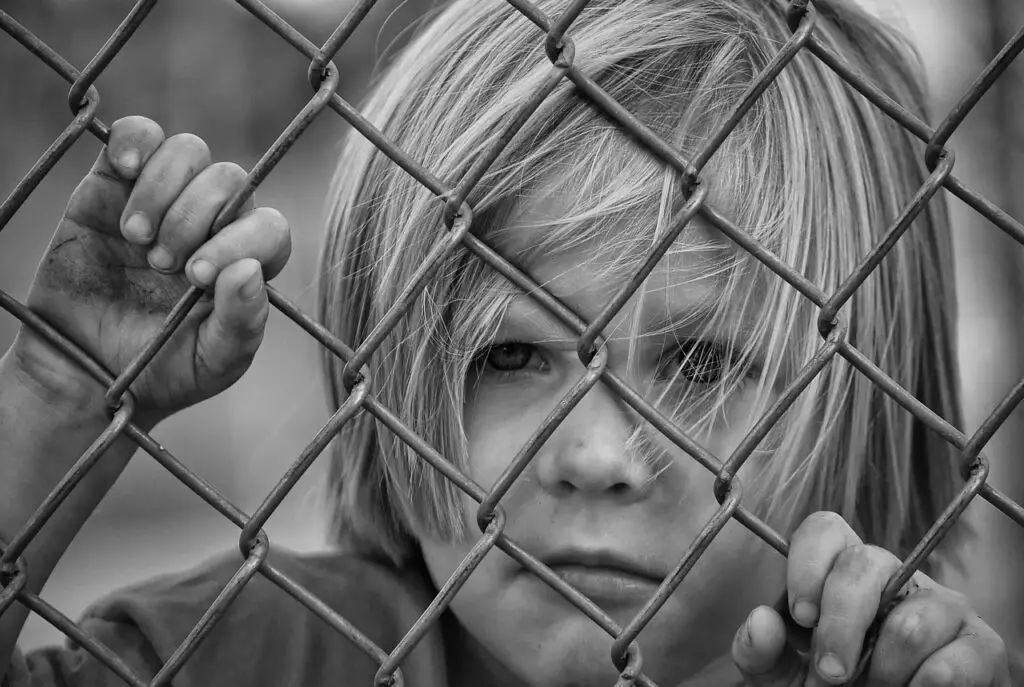
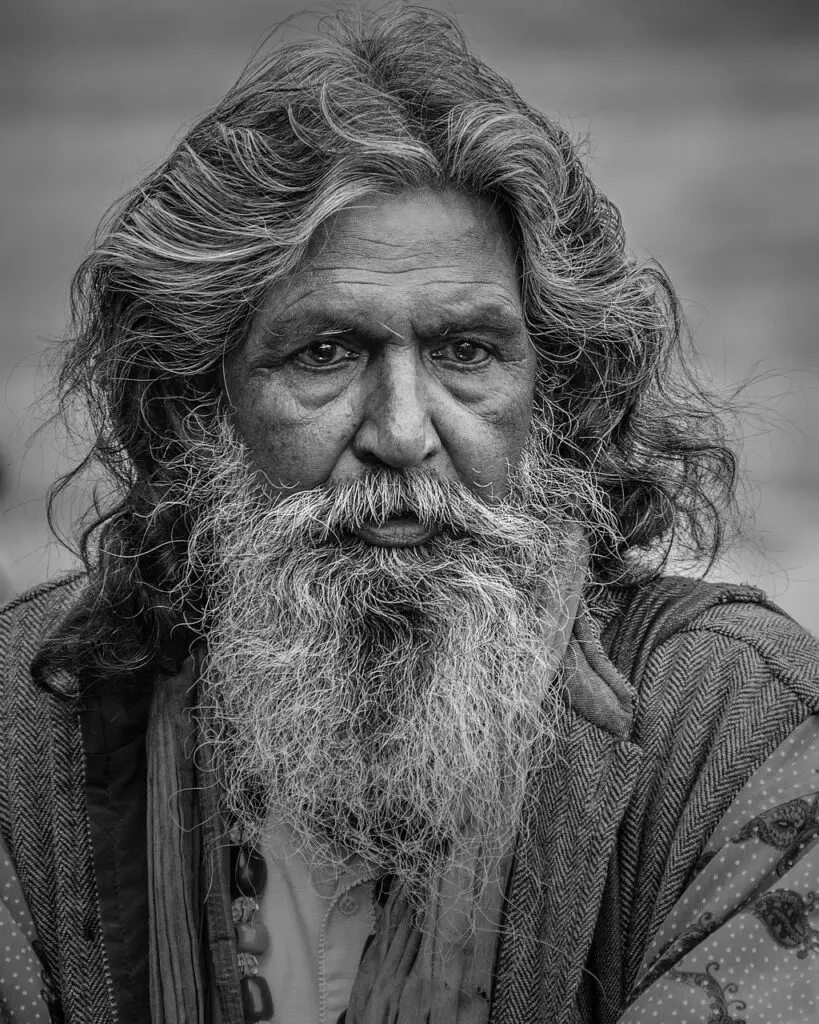
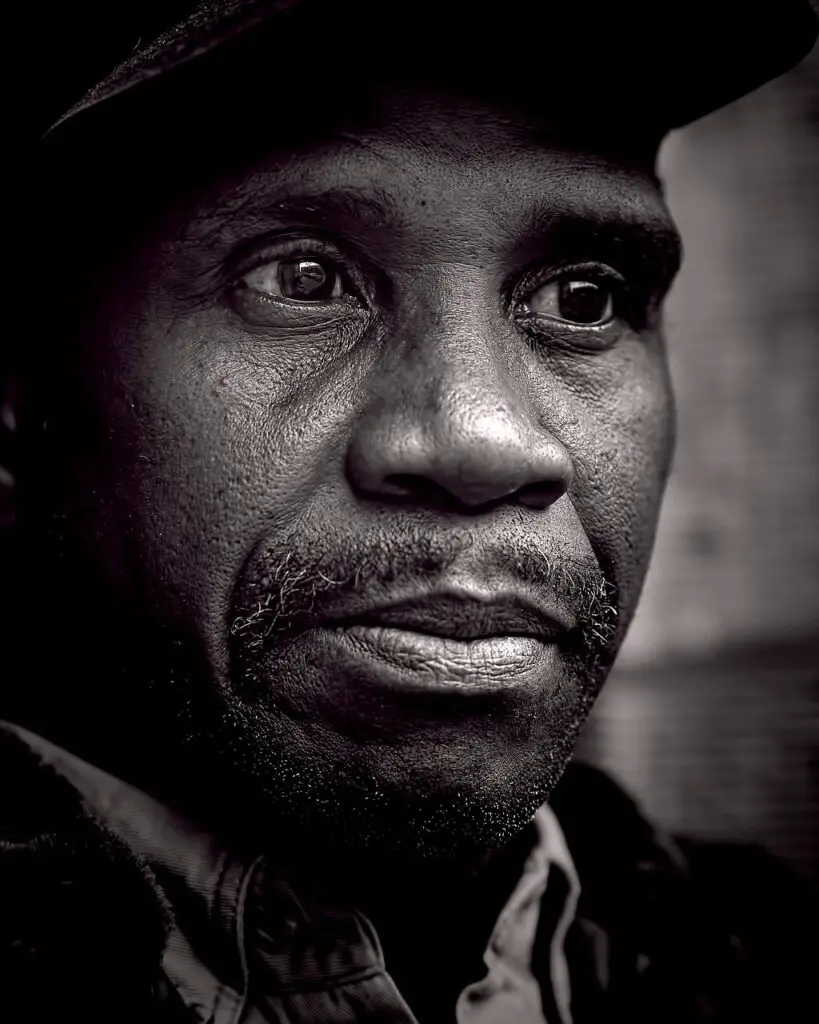
Leroy_Skalstad


